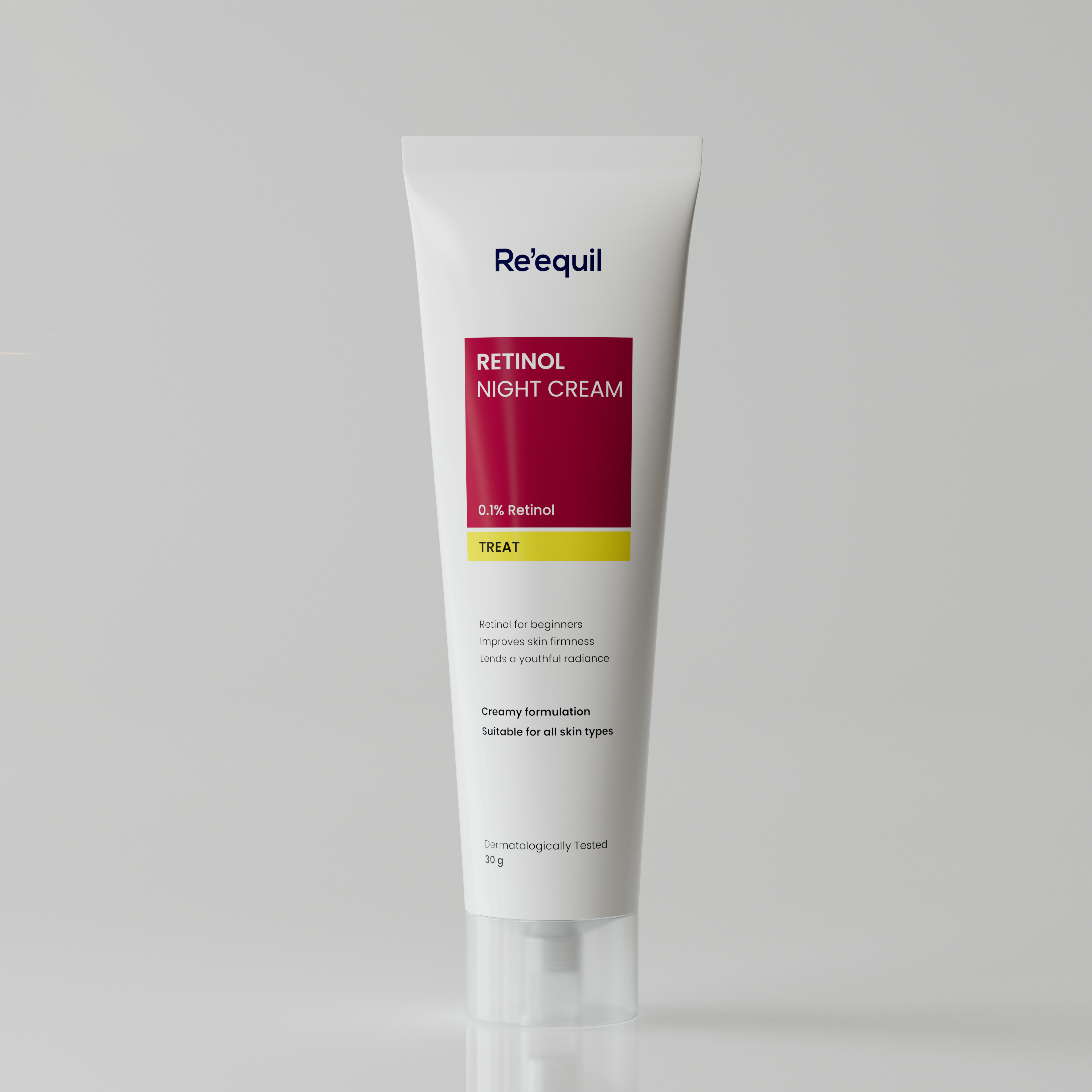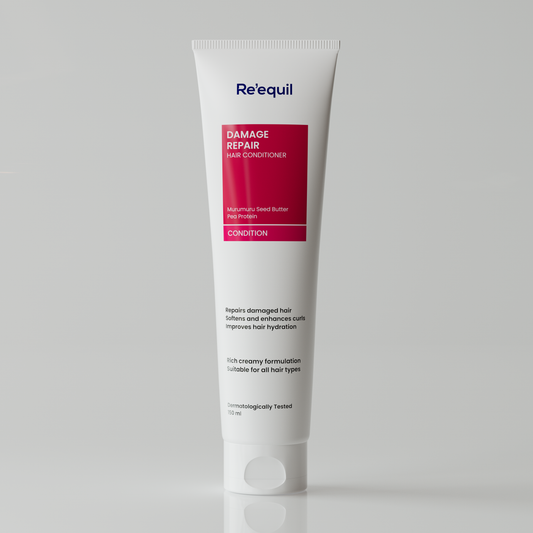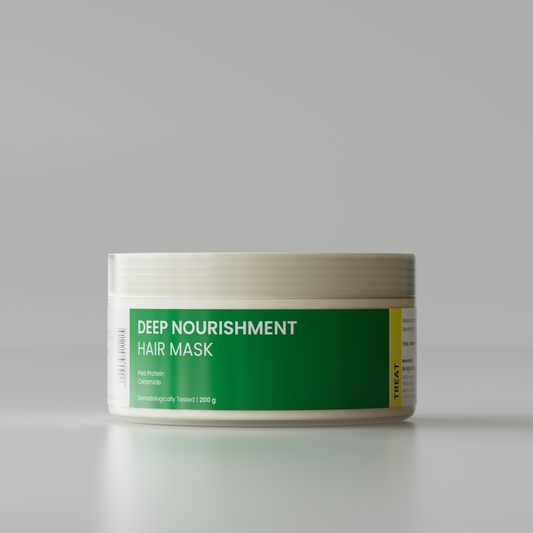Cart (0)
Hurray! FREE SHIPPING AVAILED
00
00
sec

Pack it in a Gift Box for
₹30
Gift Box Added
Remove
Sign Up to Redeem Reward Points
- Get Points worth ₹0 on this order after delivery.
- Get instant 1000 redeem points on sign up to Re’equil rewards.
- Refer and earn coupon worth ₹ 300.
Price Summary
Total MRP
₹0
Discount
₹0
Shipping Charges
₹50
FREE
Sub Total
₹0
Apply coupon at checkout.






































